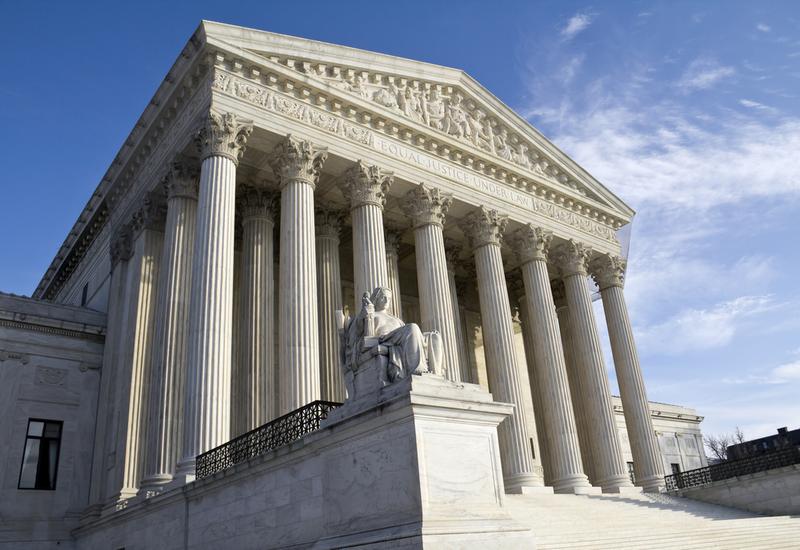 The Brian Lehrer Show
The Brian Lehrer Show
The Implications of an Open Seat on the Supreme Court

The post-Scalia Supreme Court is in a politically precarious position, with the newly empty seat causing controversy over naming a successor.
Emily Bazelon, New York Times Magazine staff writer, panelist on Slate's "Political Gabfest" and Truman Capote Fellow at Yale University, weighs in on the ongoing conversation about the fate of the Supreme Court in the wake of the death of Justice Antonin Scalia.
One name that's been tossed around as a likely nominee is Sri Srinivasan, an appeals court judge who has worked in both Republican and Democratic candidates.
Here's what Bazelon had to say, about recent Democratic scrutiny of Srinivasan:
"I think it’d be a big mistake for Democrats to decide that because a candidate worked for a Republican administration he is off-limits. In fact, in my view that is an asset...both because it might make it easier to confirm him...and also because it suggests intellectual dexterity and open-mindedness - and that should be a good thing!"
Today's #SCOTUS lacks "real world experience" says @emilybazelon. Justices have similar resumes, degrees from Harvard, Yale...
— Brian Lehrer Show (@BrianLehrer) February 16, 2016
Until 1972, majority of justices on #SCOTUS did not have judicial backgrounds, came from different walks (i.e. politicians). -@emilybazelon
— Brian Lehrer Show (@BrianLehrer) February 16, 2016